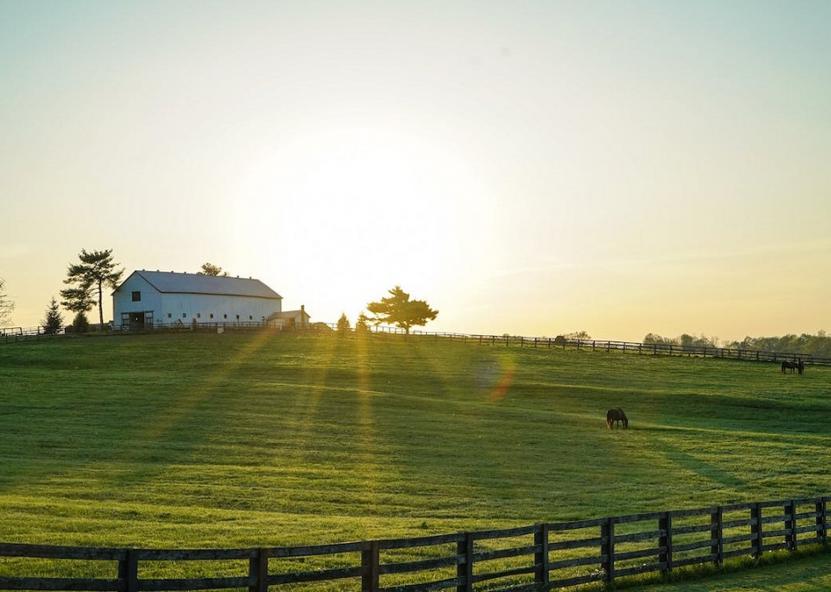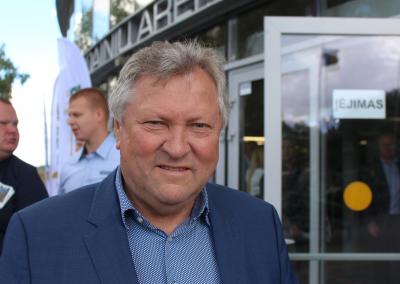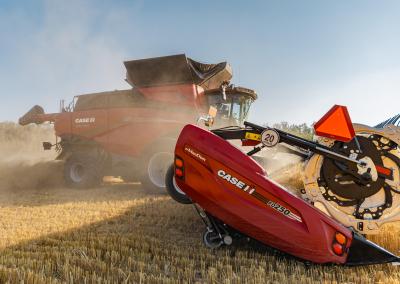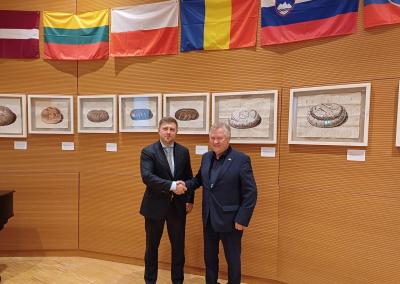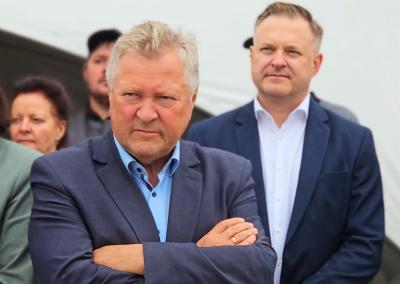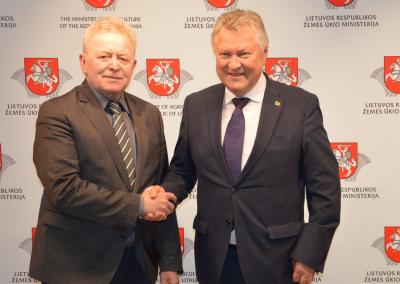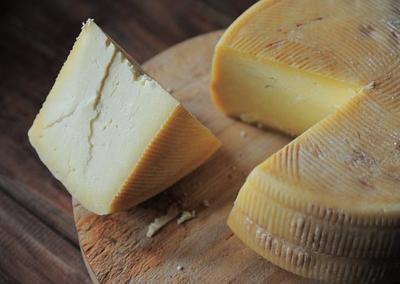K. Starkevičius: Let's give the farmer the freedom to be the master of his farm
Kazys Starkevičius, Minister of Agriculture, has raised an issue of particular concern to Lithuanian farmers at the Council of Ministers of Agriculture and Fisheries of the European Union (Brussels), which is to limit the use of machinery or equipment purchased with the support of the European Agricultural Fund for the purposes and activities foreseen in the investment project, and for no other purpose.
The Minister stressed that there is no direct prohibition in the regulations to go beyond the limits of the initial project, and that a new approach to the administration of rural development investment projects is needed.
„Farmers should be allowed to make more efficient and rational use of machinery, equipment or any other item purchased with support, without fear of sanctions. What do we see in practice? A farmer has invested in equipment for one type of crop (e.g. vegetables) but cannot use it for another (e.g. cereals) because this was not foreseen in the approved investment project. What is wrong with using the purchased equipment to carry out additional work not foreseen in the project, which would only improve the viability of the farm and make it more resilient to crises?“, - Minister Starkevičius called for a move away from the all-encompassing control of the authorities, which often restricts farmers' decisions about how to manage their farms.
The Minister gave further examples of irrationality.Here, a tractor partly funded by the EU cannot be used to provide agricultural services to another farmer or to clear snow from the roads in his rural community, as these activities are not considered modernisation of the farm.
„On a farm, especially a mixed or family farm where farming is a way of life, it is very difficult, if not impossible, to draw clear lines between activities and jobs. It is irrational to limit the use of machinery to one activity or another, depending on what is written in the investment project. We firmly believe that, in order to achieve the broad objectives of the CAP, we need to move away from the principles of administering EU support based on strict controls and fines, giving the farmer the freedom to be the master of his farm. Excessive restrictions lead to absurd, inefficient use of funds and undermine confidence in the EU and the CAP itself. We need to return to common sense. Do we need to buy a separate watering machine for each crop and only use it a few times a year?", the Minister urged the European Commission to resolve the problem as soon as possible.
Finally, the Minister pointed out that it was not the size of the payments or the lack of support that was putting farmers' tractors on the streets of the capitals. The crushing bureaucratic burden – a major pain point that needs to be tackled urgently.Second year of Strategic Plans – more flexibility needed
The Council also reviewed the second year of implementation of the CAP Strategic Plans. According to Minister Starkevičius, some of the overly ambitious targets will be very difficult to achieve, such as organic farming and landscape elements.
The administrative burden for both farmers and administering authorities remains high.
„The procedure for amending strategic plans needs to be simplified and made more flexible. Technical elements such as mowing or sowing dates should be left to the Member States. The strategic plan must define only the strategic elements," said Minister Starkevičius.
He stressed the need to improve the process of reporting on the implementation of the Strategic Plans – the deadline for submitting annual implementation reports is too early, the level of detail in the reports is too high, and Member States are forced to explain even the smallest deviations from the planned values.
Ministers also discussed the market situation, in particular after the invasion of Ukraine, and other important issues.



































































































